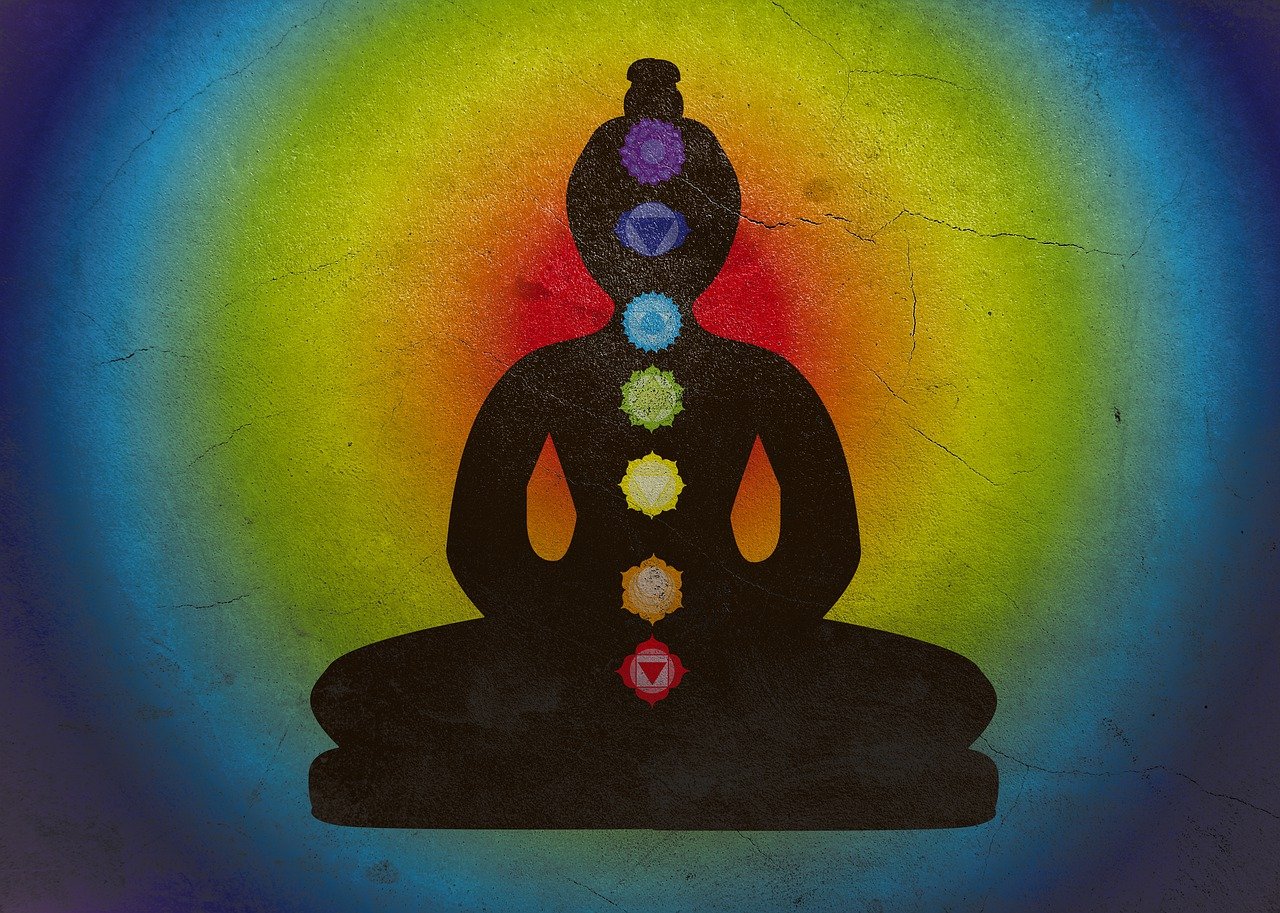

The Science Behind Reiki Healing: Understanding the Benefits
Estimated reading time: 3 minutes
Reiki is a form of alternative therapy that involves the use of energy to promote healing, relaxation, and well-being. While there is still much to learn about Reiki, a growing body of evidence suggests that it may offer benefits for those who practice it.
The Evidence: Studies on the Benefits of Reiki
Anxiety and Depression:
One study published in the Journal of Alternative and Complementary Medicine found that Reiki was effective at reducing symptoms of anxiety and depression in cancer patients. The study involved 16 cancer patients who received six Reiki sessions over a period of two weeks. The results showed that Reiki was effective at reducing symptoms of anxiety and depression, as well as improving quality of life.
Another study published in the same journal found that Reiki was effective at reducing anxiety and depression in college students. The study involved 81 college students who received four Reiki sessions over a period of two weeks. The results showed that Reiki was effective at reducing symptoms of anxiety and depression, as well as improving sleep quality and reducing stress.
Pain:
Additionally, a review of 12 randomized controlled trials found that Reiki may be effective in reducing pain. The review, published in the Journal of Pain and Symptom Management, found that Reiki was effective at reducing pain in cancer patients, as well as in people with fibromyalgia and chronic fatigue syndrome.
How Reiki Works: The Science Behind the Practice
It is believed that Reiki works by promoting the flow of energy within the body, releasing endorphins, and promoting relaxation. During a Reiki session, a trained practitioner will assess the energy field of the recipient and use a series of hand positions to balance the energy within the body.
The Role of Reiki in Healthcare: Complementary Therapy
While the scientific community has not fully embraced Reiki, many healthcare providers have integrated it into their practices as a complementary therapy. Some hospitals and clinics now offer Reiki to patients as part of their treatment plans.
Is Reiki Right for You? Consult with Your Doctor
If you are interested in trying Reiki, it is important to find a trained practitioner and to consult with your doctor if you have a medical condition. While Reiki can be a helpful tool for promoting healing and well-being, it is important to remember that it is not a substitute for traditional medical care.
Conclusion:
While there is not a lot of current scientific evidence to support the effectiveness of Reiki, many people have reported positive results from the therapy. Reiki may help to promote relaxation, reduce stress and anxiety, relieve pain, improve mood, and promote spiritual growth.
Sources:
- Alibhai, S. M. H., et al. (2013). A phase II randomized, controlled trial of the effects of the Reiki intervention on pain and mood in women with breast cancer undergoing radiotherapy. Journal of Supportive Oncology, 11(2), 60-66.
- Dressen, L. J., Singg, S., & Michels, J. E. (2017). Effects of Reiki on anxiety, depression, pain, and physiological factors in community-dwelling college students: A pilot study. Journal of Alternative and Complementary Medicine, 23(8), 642-649.
- Lee, M. S., Pittler, M. H., & Ernst, E. (2008). Effects of reiki in clinical practice: A systematic review of randomised clinical trials. International Journal of Clinical Practice, 62(6), 947-
- Tsang, K. L., Carlson, L. E., & Olson, K. (2007). Pilot crossover trial of Reiki versus rest for treating cancer-related fatigue. Integrative Cancer Therapies, 6(1), 25-35.




